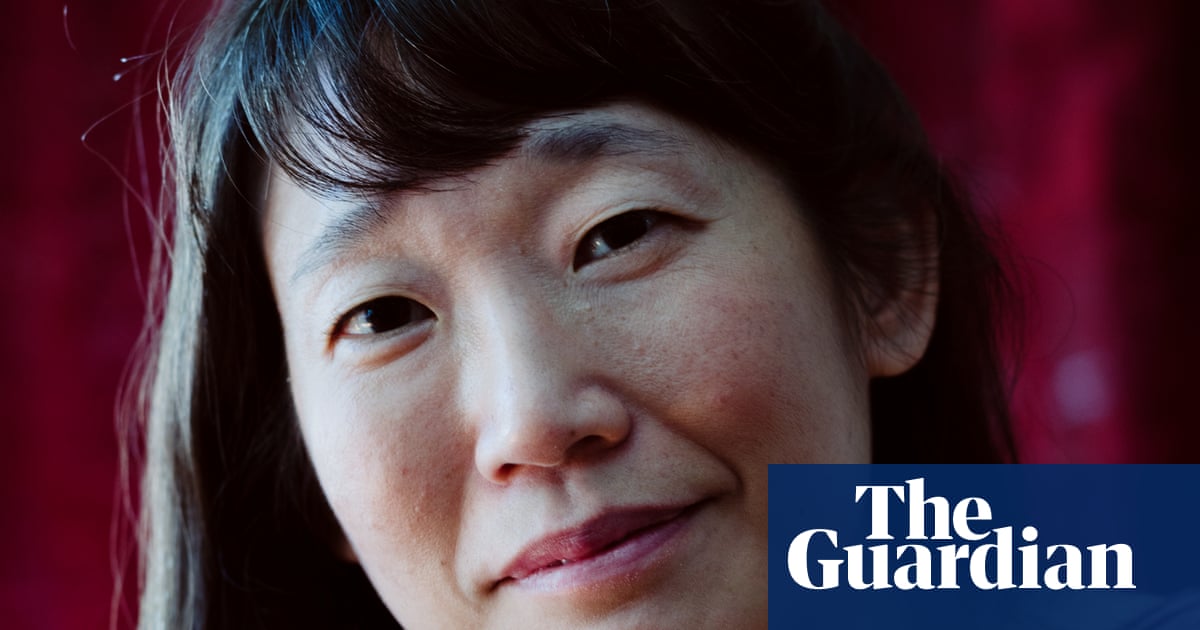My earliest reading memoryResting in my father’s arms as he read the newspaper. I must have been three or four years old. He read the paper cover to cover, and for an hour or so each night, I watched the world go by.
My favourite book growing upWhen I was 11 I would go to the library downtown and request microfilm of old newspapers. I clicked the spools into place and read and read. I was horrified and baffled and amazed that there existed so many decades, so much time, in which I was … nowhere and not yet.
The book that changed me as a teenagerMy parents were educated in missionary schools in Hong Kong and Malaysia; in Vancouver, they enrolled me in a Catholic school. The religious texts and sermons that we read, and the things I saw around me, made me turn away from religion when I was a teenager; but those texts instilled in me a lasting relationship with philosophy. I left religion, but not its questions.
The writer who changed my mindOmar El Akkad. I used to think that, sometimes, people are made speechless by the horror of events, by fear, by grief. Perhaps the words they need don’t exist. ButOne Day, Everyone Will Have Been Against Usreminds us that the words are there. We have the language to describe ethnic cleansing and genocide. Whenjournalists are murdered, when183 children are killed in a single day, when15 paramedics are executed, and we stay silent, words don’t fail us – we fail our vocation and each other.
The book that made me want to be a writerPlurality! It’s really all of them, isn’t it? Contending with one another across time. Reading is prismatic, and a great writer shows us how to read far beyond their own works. John Berger, Canisia Lubrin, Rawi Hage, Yan Lianke, Balam Rodrigo, Yōko Ogawa, Adania Shibli, Ma Jian, Italo Calvino, James Baldwin, Alexis Wright, Kafka, my beloved Proust … and on it goes.
The book or author I came back toDuring the pandemic, I ran 10km up and down a mountain every other day while listening toMiddlemarch. I ran in blizzards and -20C – all I wanted to do was listen.
The book I rereadBohumil Hrabal’s I Served the King of England.Hrabal’s knowing, sorrowful, open-hearted, gleeful, broken genius. I love him as one loves a friend.
The book I could never read againFor now but not forever, the work of a writer who shaped me, Alice Munro. Yet often I find myself thinking about the experience of reading her – this feeling that Iknewthe women in her stories, had lived among them, had loved them or fled them. The memory of reading, the imprint of the encounter, is a lifelong confrontation.
The book I discovered later in lifeI read The Iliad when I was 15 but I feel as if I experienced it for the first time when I read Emily Watson’s 2023 translation, which overflows with names and lives and which records the utter waste of war. Simone Weil’s essay The Iliad, or the Poem of Force also changed me – her belief that, century after century, we’ve ignored or misunderstood or misrepresented what Homer was trying to tell us. Weil writes: “Whatever is not war, whatever war destroys or threatens, The Iliad wraps in poetry; the realities of war, never.”
The book I am currently readingÆdnanby Linnea Axelsson, andNinth Buildingby Zou Jingzhi. Everyone read these infinitely wise and haunting books.
The Book of Records is published by Granta. To support the Guardian, order your copy atguardianbookshop.com. Delivery charges may apply.
